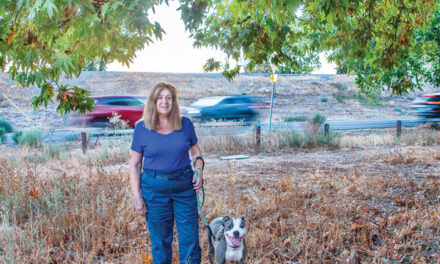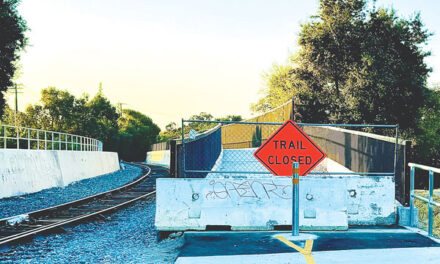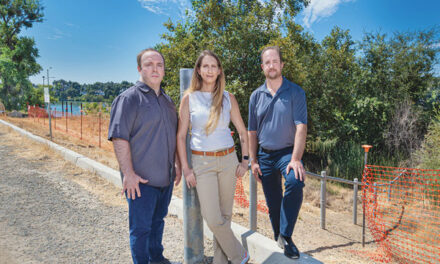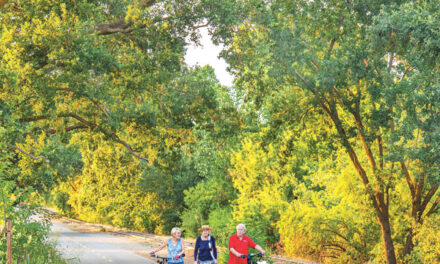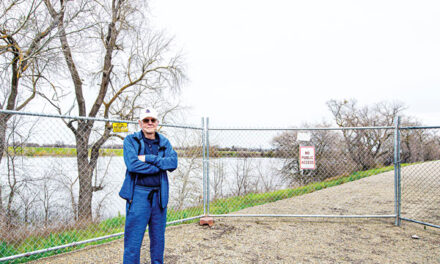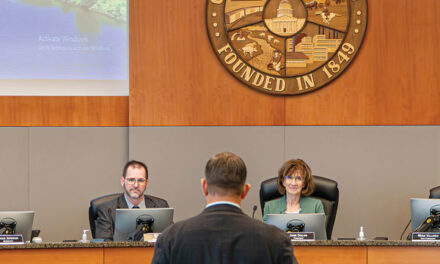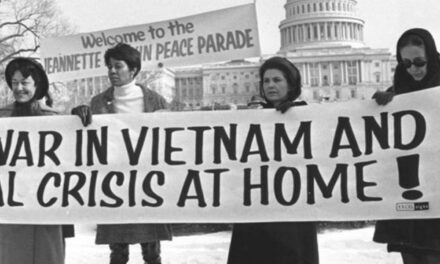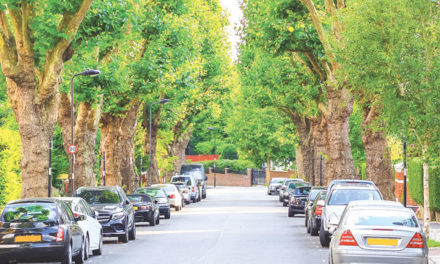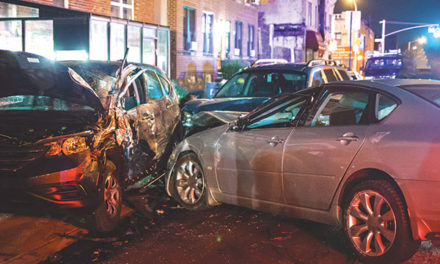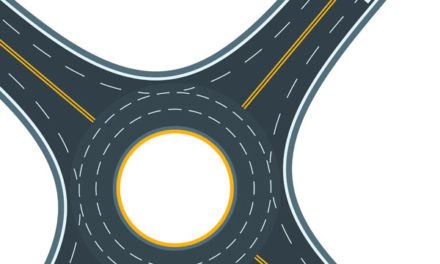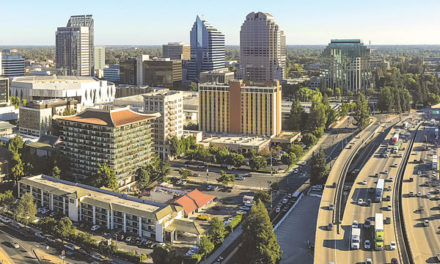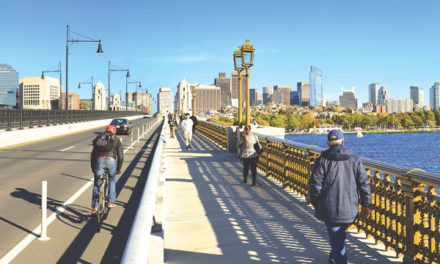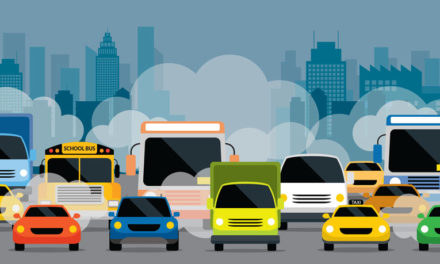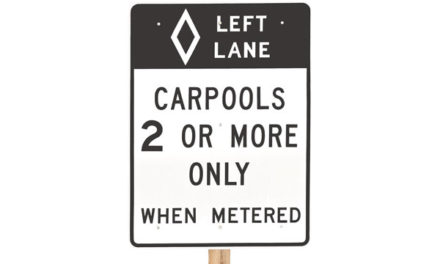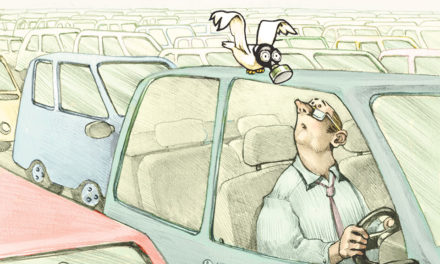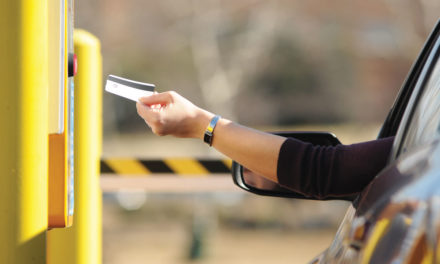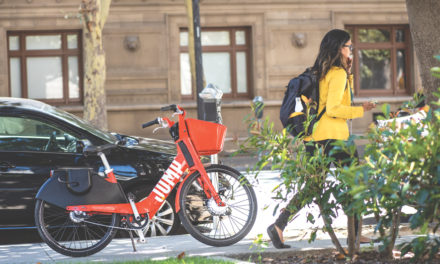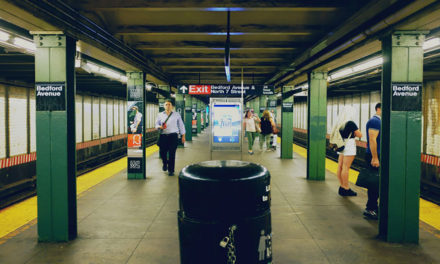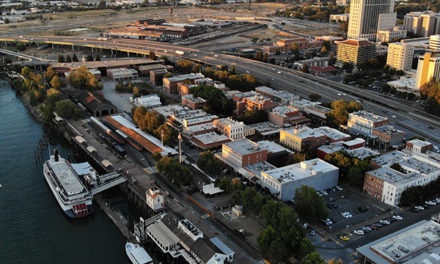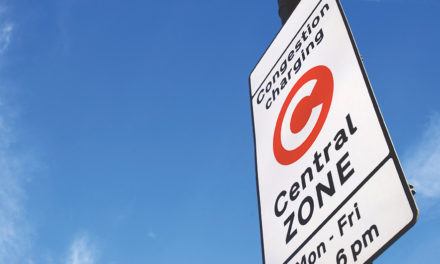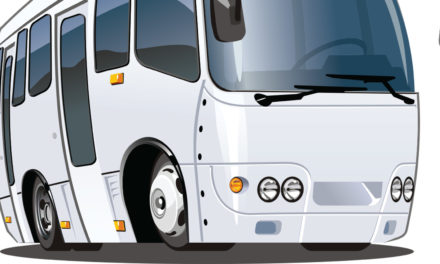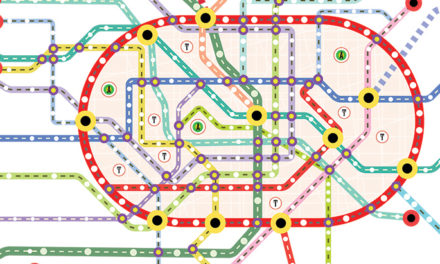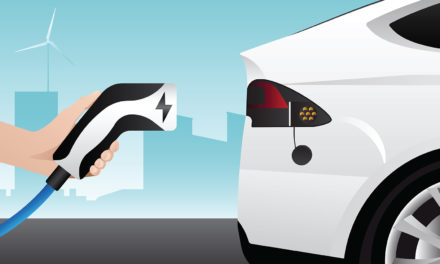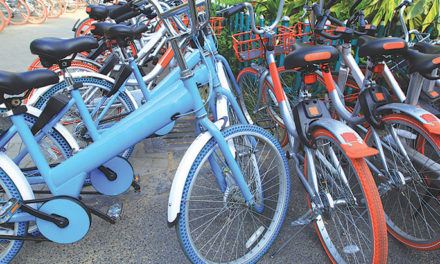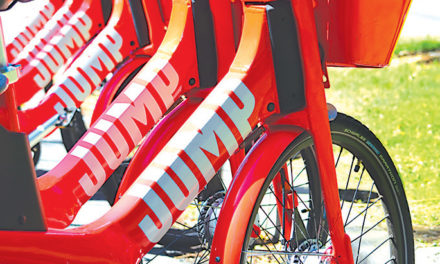Several U.S. cities are toying with the idea of congestion pricing. It’s a solution to excessive traffic that’s been touted by economists for some time. Congestion pricing reduces traffic by increasing the cost of driving at peak hours or in clogged traffic zones.
For example, cities could use license plate reading technology to add charges for vehicles crossing a line into central business districts, or add tolls and restrict use of freeway lanes to those who pay.
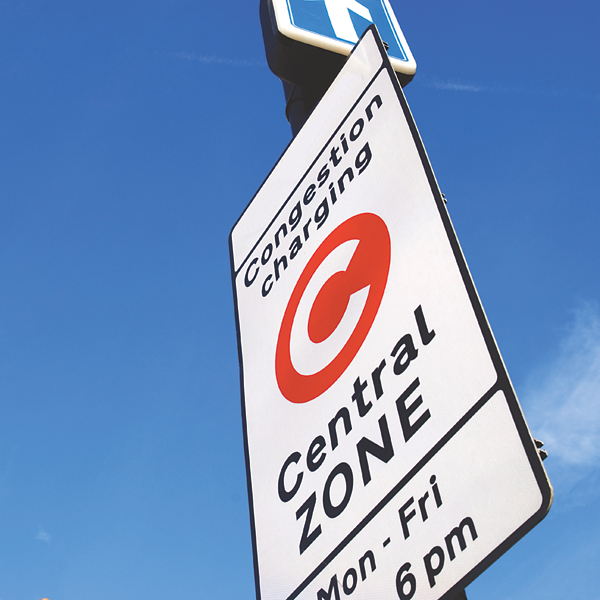
Congestion-pricing revenues are usually plowed back into transportation infrastructure, especially into public transit. Among other forms of congestion pricing, Los Angeles is considering adding a fee to Uber and Lyft rides to cut the ride-hail services’ contributions to traffic congestion and raise money for transportation projects in preparation for the 2028 Olympics.
Congestion pricing can induce people to forgo or delay a trip or use a different form of transportation. It is no different than other methods already in use to even out demand by levying surcharges during peak hours or offering discounts during slow times.
Movie tickets are cheaper during the day than in the evening. SMUD now charges more for electricity from 5 to 8 p.m. Uber and airlines vary prices based on demand, often related to time of day or holidays.
The city of Sacramento charges for street parking at some locations before 6 p.m., but not after.
New York City has an agreement in principle to start congestion pricing in 2021. New York already charges taxis and ride-hail cars for entering parts of Manhattan. Besides New York and LA, San Francisco, Boston and Portland are considering some form of congestion pricing. I’m not aware of anyone in Sacramento proposing it, at least not for vehicles.
London has had congestion pricing since 2003. Currently there is a £11.50 (about $15) charge for vehicles entering central London between 7 a.m. and 6 p.m. on weekdays. When first imposed, traffic dropped 30 percent in the London zone, though volume has crept back up. Singapore, Stockholm and Milan all have congestion pricing.
There are many complications related to congestion pricing. Governments have to determine the basics: how much to charge, hours and zones or roads. They have to administer the program, which can be costly. They have to consider whether to allow exemptions or discounts for commercial or low-polluting vehicles, the poor, the disabled, zone residents and other affected groups.
A huge barrier to charging for something that’s been free is that it tends to be politically quite unpopular.
Yet the positive side of the ledger is also dramatic.
A small decrease in peak traffic volumes can result in a large reduction in congestion delays. That saves drivers time and money. Secondly, transportation is generally underfunded. It makes sense to use congestion fees to fund bicycling and pedestrian facilities and transit to further reduce congestion by giving people viable alternatives to driving.
In a sense, there is a proposed Sacramento congestion charge. An ordinance being considered would put a fee per ride on shared e-scooters and e-bikes, not motor vehicles.
The city wants the charges to prevent bikes and scooters from blocking sidewalks and to install racks for them. In LA, Uber and Lyft are arguing that any congestion charge should be applied to all vehicles and not single out their ride-hail vehicles.
It would be ironic if Sacramento put charges on small, clean and efficient bikes and scooters, but not the vehicles that dominate so much of our public space.
I can hear people objecting that vehicle owners already pay gas taxes and registration fees. But those taxes and fees don’t cover the costs of building or maintaining roads. That’s why we have a transportation sales tax.
In addition, vehicles create environmental, emergency services, public health and other costs that they don’t begin to cover. Why not have vehicle users pay so we can avoid the congestion they’re prone to create?
Walt Seifert is executive director of Sacramento Trailnet, an organization devoted to promoting greenways with paved trails. He can be reached at bikeguy@surewest.net.






